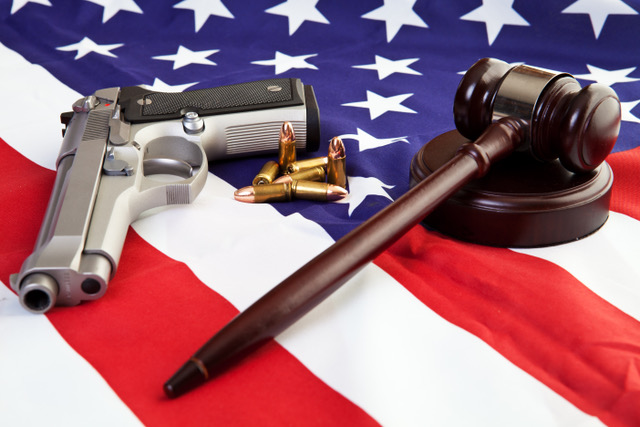
Gov. Newsom to Allow Californians to Sue Gun Manufacturers for Up to $10,000
Tanu Henry | California Black Media
On Saturday, Gov. Gavin Newsom announced that he will push a bill that would allow Californians to sue gun manufacturers and distributors.
The Governor was registering his opposition to a United States Supreme Court decision handed down Friday that failed to strike down an anti-abortion law in Texas law that took effect in September.
The law restricts abortion by allowing ordinary citizens in Texas to sue individuals or organizations they accuse of assisting women to terminate pregnancies six weeks or more into gestation.
“I am outraged by yesterday’s U.S. Supreme Court decision allowing Texas’s ban on most abortion services to remain in place, and largely endorsing Texas’s scheme to insulate its law from the fundamental protections of Roe v. Wade,” Newsom said in a statement.
“But if states can now shield their laws from review by the federal courts that compare assault weapons to Swiss Army knives, then California will use that authority to protect people’s lives, where Texas used it to put women in harm’s way,” the Governor continued.
Newsom said he has already asked his staff to work with state legislators on a bill that would allow private citizens to file lawsuits for up to $10,000 in damages against “anyone who manufactures, distributes, or sells an assault weapon of ghost gun kit or parts in the State of California.”
The Supreme Court Justice’s 8-1 decision Friday, however, allowed abortion providers to move forward with federal lawsuits against the Texas law.
For now, it remains in effect.
In her dissenting opinion, Supreme Court Justice Sonia Sotomayor said the decision opens the door for states to circumvent federal laws they oppose.
“The Court clears the way for States to reprise and perfect Texas’ scheme in the future to target the exercise of any right recognized by this Court with which they disagree,” she wrote. “What are federal courts to do if, for example, a State effectively prohibits worship by a disfavored religious minority through crushing ‘private’ litigation burdens amplified by skewed court procedures, but does a better job than Texas of disclaiming all enforcement by state officials?”




